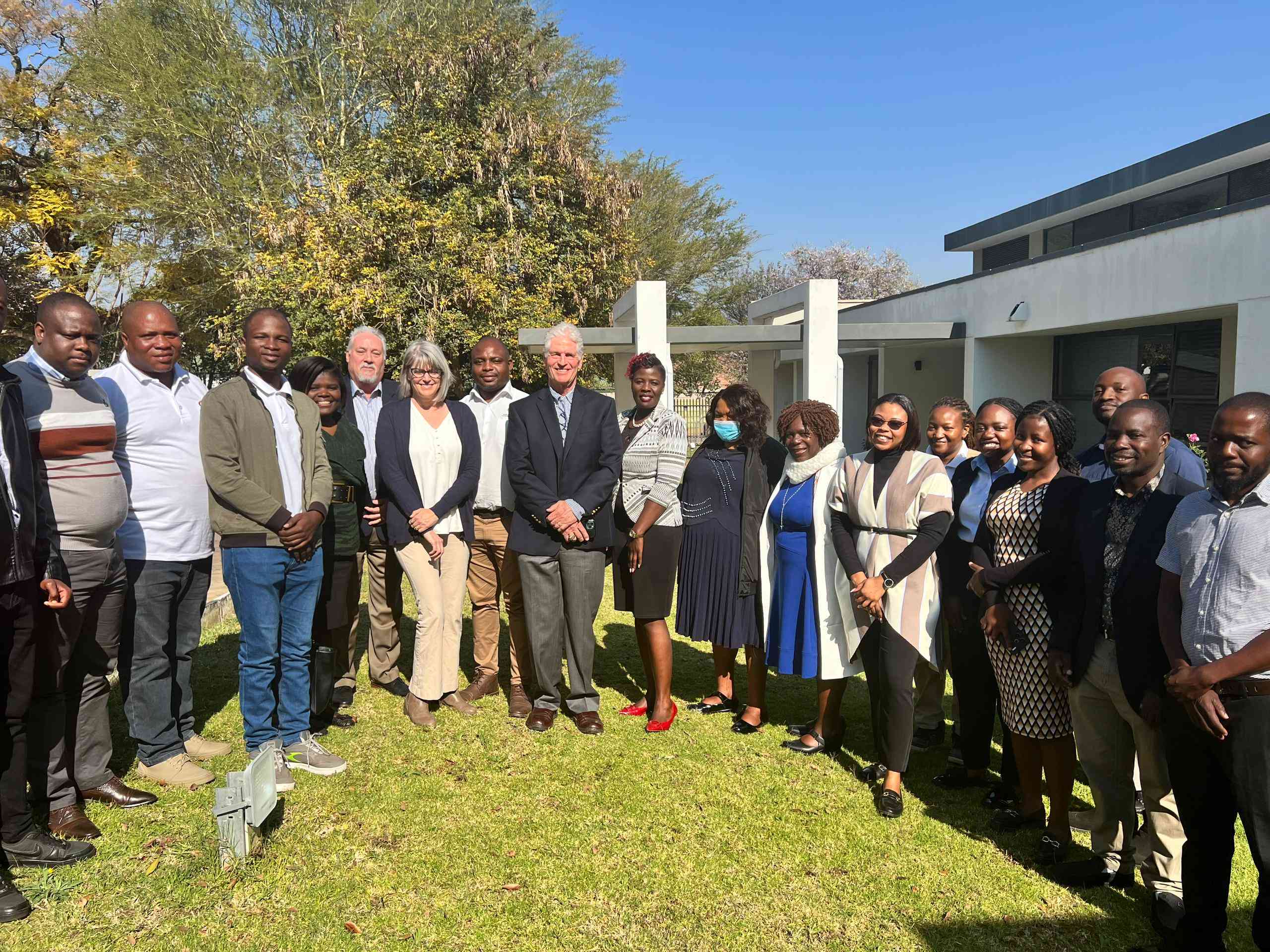
ENSURING the safety and efficacy of healthcare equipment is significant in improving the safety of patients at a time the world is experiencing rapid advancements in medical technology, local experts have said.
In a bid to promote the highest standards of safety and quality in healthcare, the Radiation Protection Authority of Zimbabwe (RPAZ), in collaboration with the United States Nuclear Regulatory Commission (USNRC), recently conducted a workshop on the licensing and inspection of Linear Accelerators (linacs).
Held from July 24 to 26, 2024, at the Oncorcare Radiotherapy Centre in Harare, the workshop sought to enhance the regulatory capacity and understanding of linacs inspection and licensing according to international standards and best practices.
“The workshop was a significant step toward creating a safer environment for patients undergoing radiation therapy,” RPAZ said in a statement.
“Its key objectives included bridging the gap between the regulatory body and licensees or operators, and emphasising the implementation of safety and quality standards.”

Attended by regulatory inspectors, licensing officers, therapy radiographers, and medical physicists, it promoted RPAZ’s dedication to promoting the ‘highest standards of safety and quality in healthcare.’
A highlight of the event was the peer review inspection conducted by USNRC experts alongside regulatory body inspectors and licensees from various radiotherapy centres.
- Opinion: Health ministry should stand with remaining health personnel
- RPAZ spearheads water monitoring programme to ensure safe drinking water
- ‘Advanced technological knowledge key to healthcare safety’
Keep Reading
The organisers said the workshop was a call to action for all stakeholders involved in the licensing and inspection of linear accelerators and that ‘participants left with actionable insights to improve safety and quality standards within their organisations.’
Meanwhile, participants pledged to improve safety as well as standards in their organisations, with organisers emphasising ongoing education to ensure operators and inspectors remain updated with evolving technologies.






